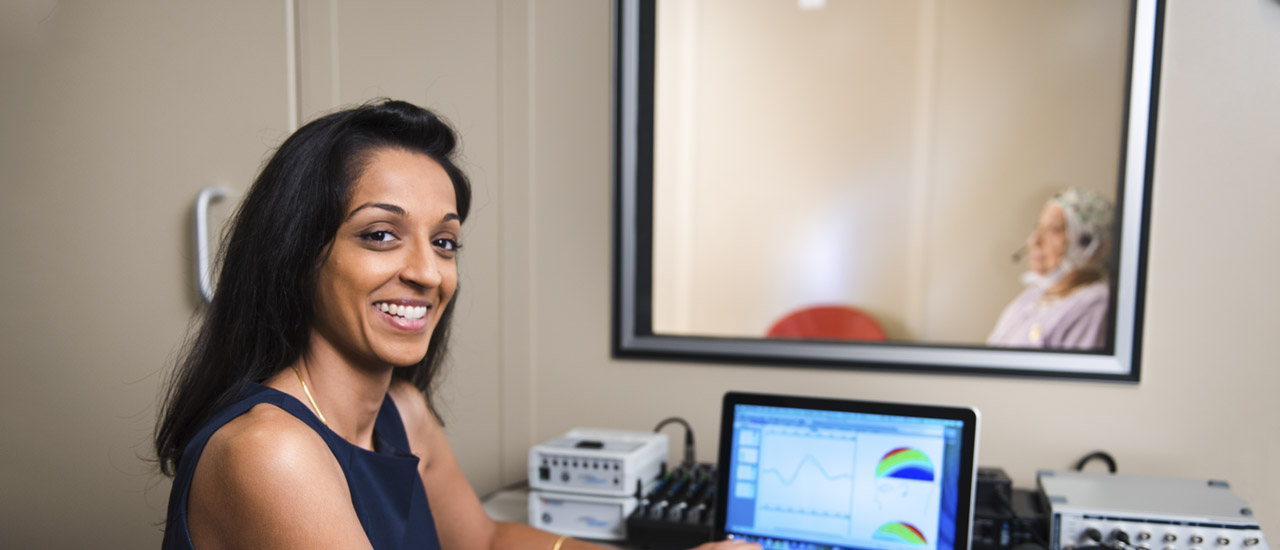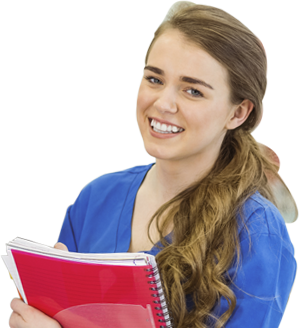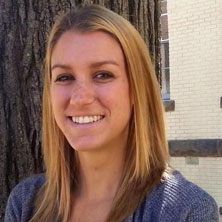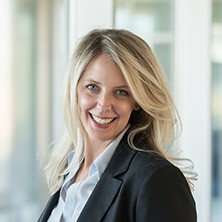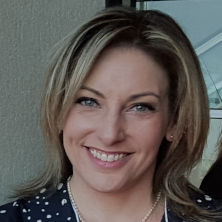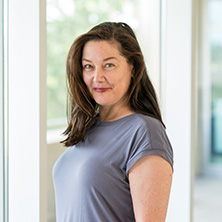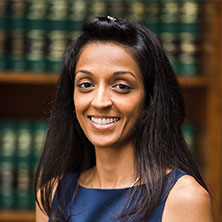Speech-Language Pathology
Speech-language pathologists (SLPs) help everyone from infants to aging adults overcome communication disorders. Some SLPs work with children in schools to improve their articulation, language, fluency or voice. Others provide acute care in hospitals for patients with neurological conditions. Still others assist very young children recovering from cleft palates, feeding disorders or autism spectrum diagnoses.
Accredited by the Council on Academic Accreditation in Audiology and Speech-Language Pathology of the American Speech-Language-Hearing Association, the Seton Hall Master of Science in Speech-Language Pathology (M.S.S.L.P.) program blends clinical, research, classroom and service experiences. Thanks to this well-rounded education, our graduates are consistently employed within one year of completing the program, and many have job offers right away.
Read more about the Interprofessional Health Sciences campus »
Resources:
- M.S.S.L.P. Program Details
- Admission Requirements
- Information Sessions
- Curriculum
- Department of Speech Language Pathology
- Dual Degree Program (B.S.E. + M.S.S.L.P.)
- Dual Degree Program (B.S./M.S. or B.A./M.S.Psychology/Speech-Language Pathology)
- Career Planning
- Research Labs
- FAQs
- Accreditation and Outcomes

